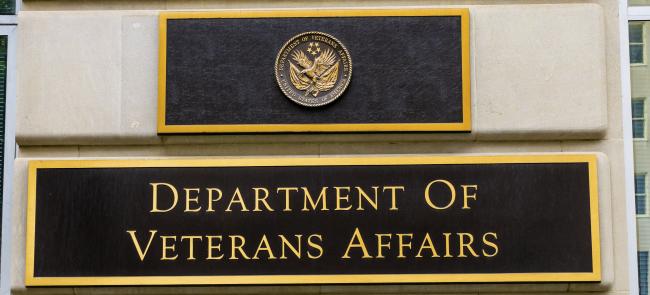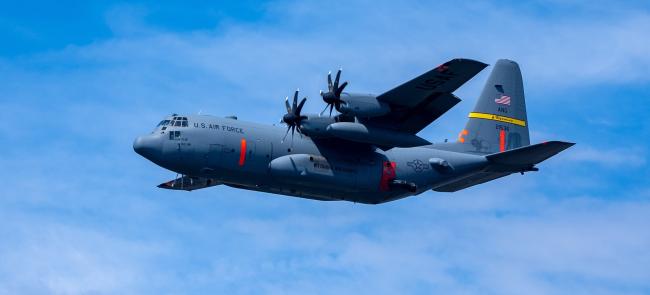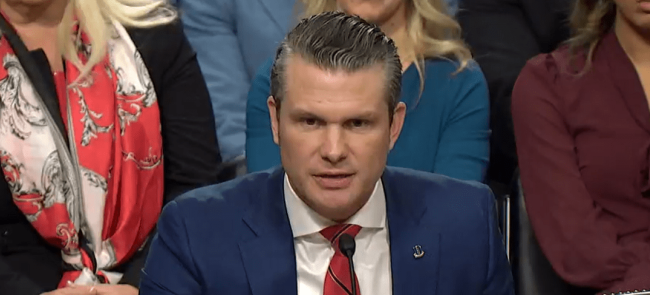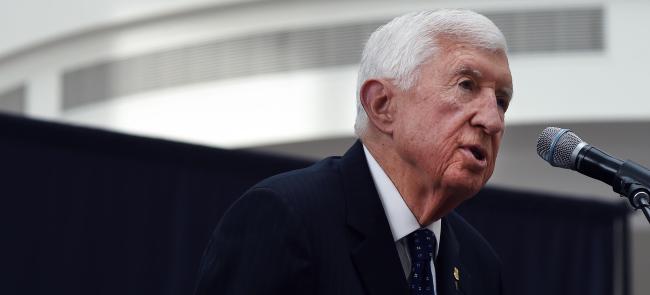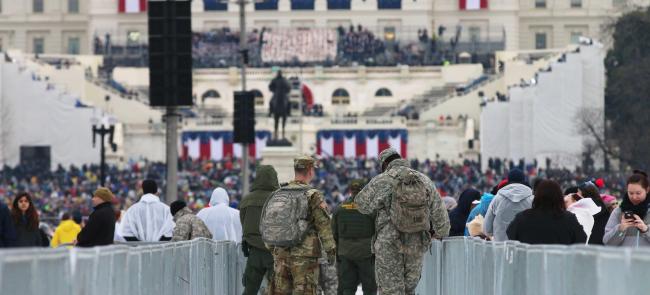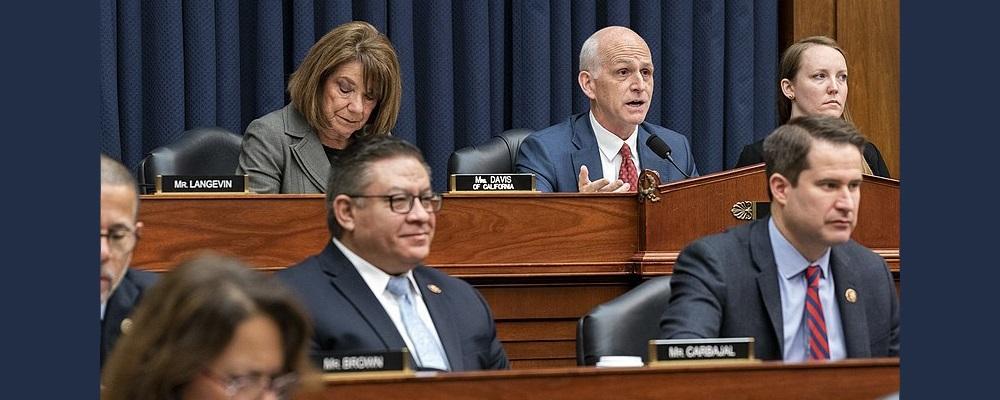
The House and Senate have each adopted versions of the fiscal 2021 National Defense Authorization Act in recent days. Now comes another challenge: getting the two sides to agree on a compromise version of the voluminous defense policy bill they can send to the president’s desk.
There is no guarantee that such a compromise could escape a promised presidential veto if it includes language to remove the names of Confederate leaders from some U.S. military installations, such as Fort Bragg, North Carolina.
Both the House and Senate included measures to do just that in their respective bills. But the fight over the issue is not over. Sen. Jim Inhofe, R-Okla., promised to find a way to remove the language from the final bill.
Inhofe is chairman of the Senate Armed Services Committee and will select some of the senators who will negotiate a final bill.
“We’re going to see to it that provision doesn’t survive the bill,” Inhofe told the Oklahoman. “I’m not going to say how at this point.”
Removing Confederate names is likely to be one of the most visible issues during those discussions, but it will not be the only debate. Republicans, who control the Senate, and Democrats, who control the House, have several other disagreements between the bills.
“I remain concerned about the consequences of a number of the amendments the House adopted and hope that we can further perfect them in Conference,” said Rep. Mac Thornberry, R-Texas, the ranking Republican on the House Armed Services Committee. “None of those disagreements is insurmountable, and there is nothing in this bill that we should not be able to resolve before the end of the fiscal year.”
“We must meet in conference with the House to iron out some differences and develop a unified defense bill that enhances national security and provides our troops with decisive, lasting advantages and powerful, force-multiplying assets,” said Sen. Jack Reed, D-R.I., the ranking Democrat on the SASC.
Both bills provide for a 3% pay raise for service members and invest in new military equipment, including ships, planes and combat vehicles.
Progressives in the Senate, led by Sen. Bernie Sanders, I-Vt., failed in an attempt to cut 10% from the $74.5 billion NDAA last week. The measure would have rerouted funding to education, health care, housing and other programs.




